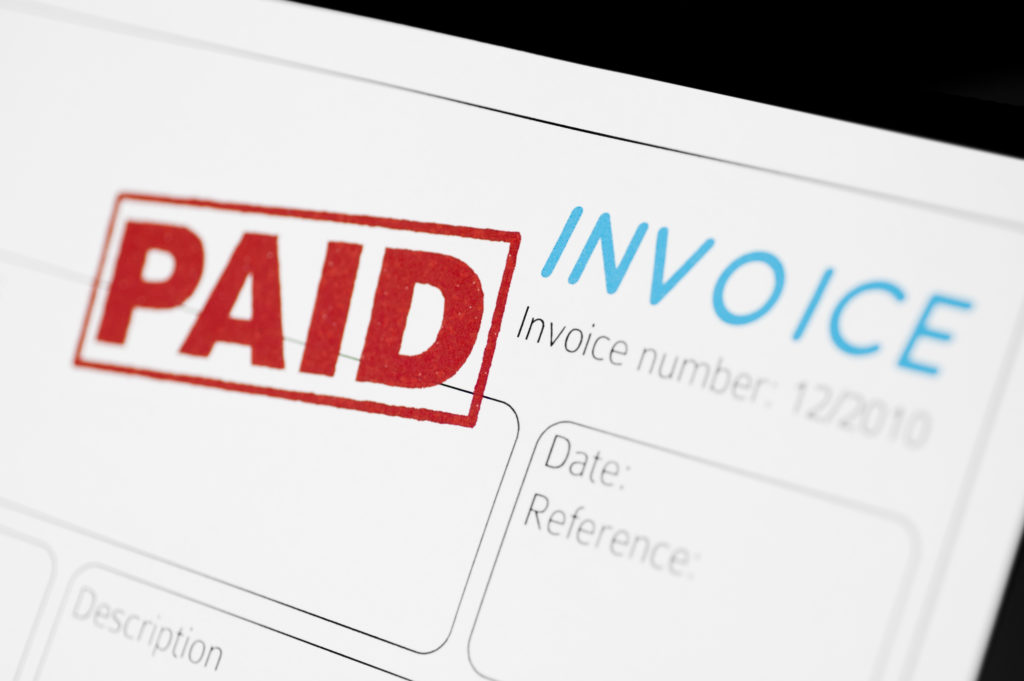It is of the upmost importance that you are diligent when sending or receiving invoices to ensure that the details contained within the invoice are correct. Failure to do this can and most likely will result in late payments being made to your company, but what is more worrying is that an incorrectly named purchase invoice can result in you being liable to personally repay the debt.
Receiving an invoice from a supplier that is addressed to you personally as a sole trader may lead to you being personally liable to pay off the debt should the limited company have to close as you have accepted the invoice. If this case occurs please reject the invoice at the earliest opportunity, contact the supplier and explain the situation. The supplier should then resend out the invoice with the correct details included. Unpaid invoices named to you personally are likely to be classed as personal liabilities and you will expected to pay them using your personal finances.
So remember DO NOT accept invoices unless they are addressed to the correct business name.
What should an invoice include? HMRC have stipulated that limited company invoices should include the following –
- a unique identification number
- your company name, address and contact information as it appears on your certificate of incorporation
- the company name and address of the customer you’re invoicing
- a clear description of what you’re charging for
- the date the goods or service were provided (supply date)
- the date of the invoice
- the amount(s) being charged
- VAT amount if applicable
- VAT number if Vat registered
- the total amount owed
If you are unsure when you receive an invoice if the details are correct and you would like us to take a look please don’t hesitate to send them over to a member of our team and we will aim to get back to you as soon as we can.

